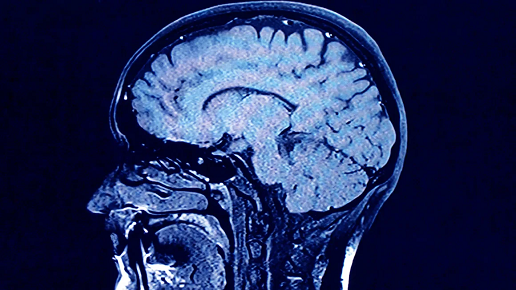In recent years, intermittent fasting methods such as One Meal a Day and the 16:8 fasting method have gained widespread popularity in Taiwan. These approaches aim to accelerate metabolism and enhance fat burning by maintaining long fasting periods, resulting in rapid weight loss. However, cardiologists warn that skipping breakfast for an extended period may severely impact heart health and even increase the risk of cancer. Studies have shown that skipping breakfast disrupts the body's biological clock, keeping the sympathetic nervous system in a constant state of excitement, which increases the risk of cardiovascular diseases. Foreign research indicates that people who skip breakfast regularly have an 87% higher risk of developing cardiovascular diseases and are three times more likely to experience a stroke compared to the general population. Skipping breakfast can also affect cholesterol metabolism, leading to abnormal blood lipid levels and cardiovascular disease risk. (Image/Provided by Heho Health)
Skipping breakfast can also affect cholesterol metabolism, leading to abnormal blood lipid levels and cardiovascular disease risk. (Image/Provided by Heho Health)
Additionally, skipping breakfast affects cholesterol metabolism, leading to abnormal blood lipid levels and increasing the risk of cardiovascular diseases. Prolonged fasting can also cause overeating, resulting in insulin resistance, which may further lead to diabetes. Cardiologists recommend that if one wishes to lose weight through intermittent fasting, it is advisable to adjust meal times, such as having breakfast at 8 AM, lunch at 12 PM, and dinner at 4 PM, and avoiding food intake after that. This schedule not only achieves the 16:8 fasting effect but also protects cardiovascular health, prevents health risks associated with prolonged fasting, and ensures a healthier weight loss journey.







